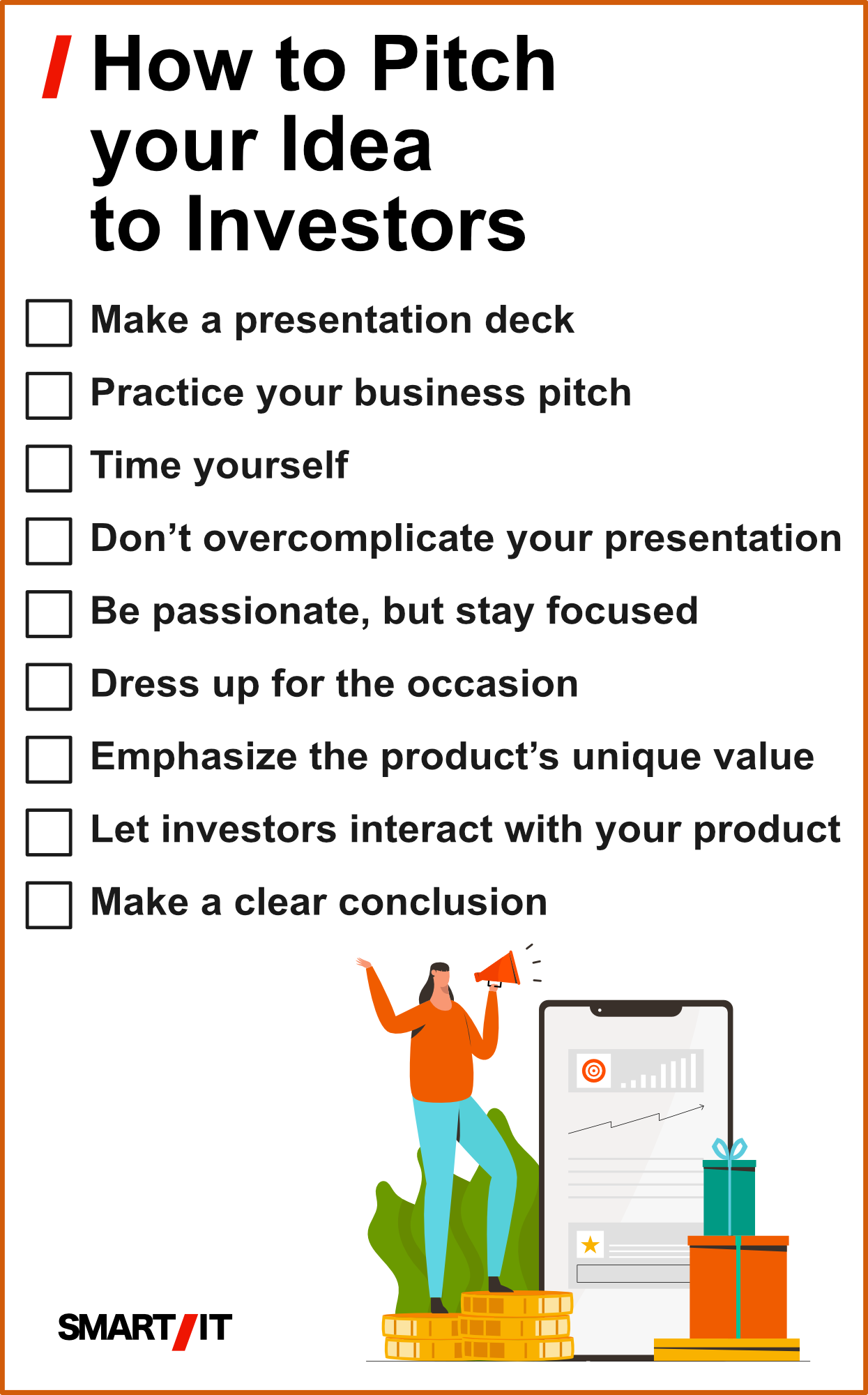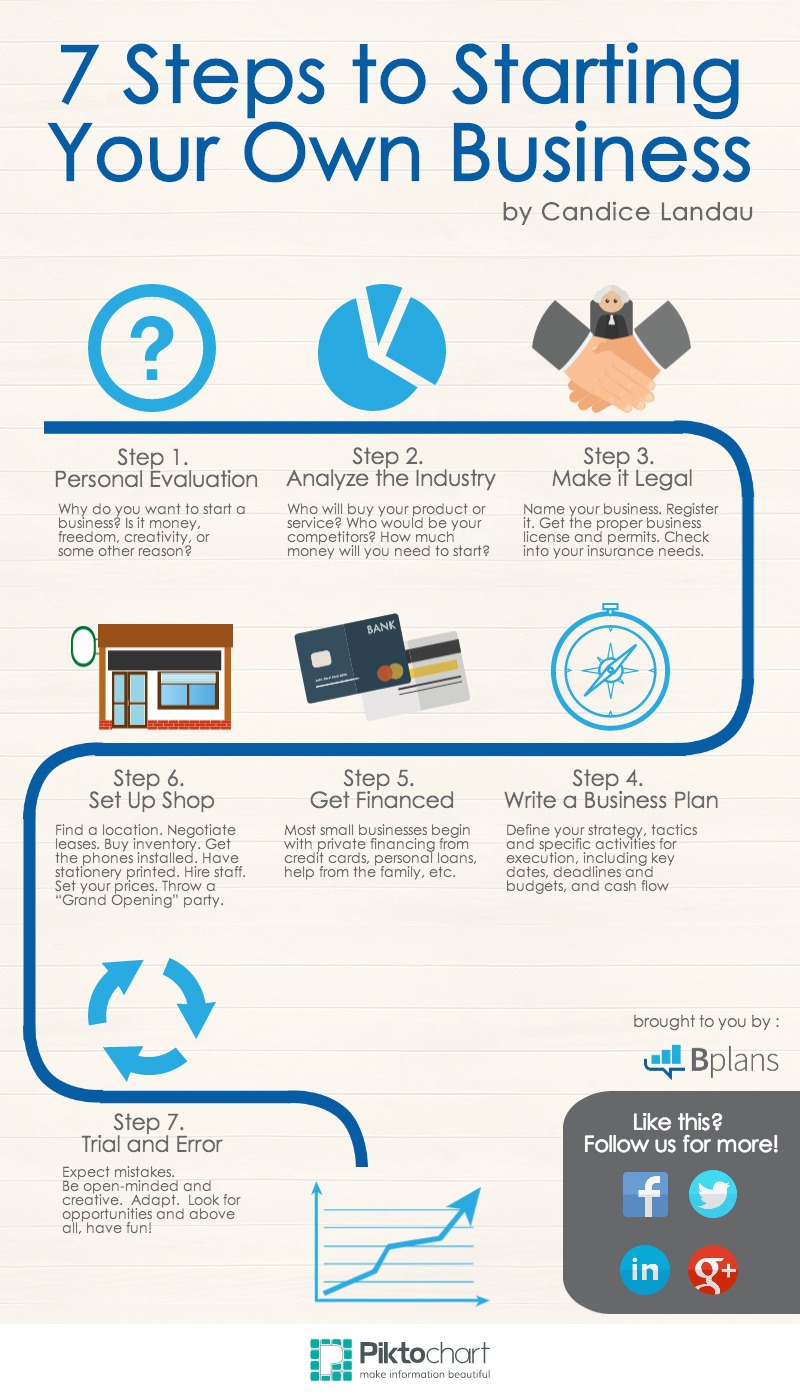How To Get A Company To Buy Your Idea

Securing a deal to sell your innovative idea to a company can feel like navigating a labyrinth. The process, while potentially lucrative, demands meticulous preparation, strategic communication, and a deep understanding of the target company's needs.
This article provides a roadmap, detailing the steps inventors and creators can take to increase their chances of successfully pitching and ultimately selling their ideas to businesses.
Laying the Groundwork: Research and Protection
Before approaching any company, thorough market research is paramount. Understanding the competitive landscape, identifying potential demand, and determining the market size for your idea are crucial steps.
Data from IBISWorld consistently emphasizes the importance of market analysis for new product launches. This research validates the viability of your idea and provides compelling data for potential buyers.
Protecting your intellectual property is equally vital. A provisional patent, Non-Disclosure Agreement (NDA), or copyright can safeguard your idea from being copied or stolen.
Consulting with a patent attorney is highly recommended to navigate the complexities of intellectual property law.
Identifying the Right Target
Not all companies are created equal. Targeting companies whose business model aligns with your idea's potential application is essential.
"The key is to find a company where your idea is a 'must-have,' not just a 'nice-to-have,'" explains Sarah Chen, a seasoned innovation consultant.
Researching a company's strategic priorities, recent product launches, and publicly stated goals can reveal valuable insights.
Crafting a Compelling Pitch
Your pitch is your opportunity to showcase the value of your idea. It needs to be concise, clear, and persuasive.
Focus on the problem your idea solves, the benefits it offers, and its potential return on investment for the company. Visual aids, such as prototypes or mockups, can significantly enhance your presentation.
Consider incorporating user feedback or early testing results to demonstrate the idea's feasibility and appeal. Quantifiable results are far more compelling than anecdotal evidence.
The Pitch Process: Navigating the Corporate Structure
Gaining access to the right decision-makers can be challenging. Start by identifying individuals within the company who are responsible for new product development, innovation, or strategic partnerships.
Networking through industry events, online platforms like LinkedIn, and professional contacts can help you secure an introduction.
Be prepared to follow up persistently, but professionally. Respect the company's time and process.
Negotiation and Agreement
If the company expresses interest, the next step is negotiation. Understanding the different deal structures available, such as licensing agreements, outright sales, or joint ventures, is crucial.
Seeking legal counsel is highly recommended during this phase to ensure you are protected and receive fair compensation for your idea.
"Don't be afraid to walk away if the terms aren't right," advises Dr. David Lee, an inventor who successfully sold multiple ideas to Fortune 500 companies. "Your idea is valuable, and you deserve to be compensated accordingly."
A Real-World Example
Consider the story of Emily Carter, a college student who invented a self-watering planter. After extensive market research and securing a provisional patent, she approached a large gardening supply company.
Her compelling pitch, coupled with strong data on consumer interest, led to a licensing agreement that provided her with a royalty on every planter sold. Carter demonstrated that tenacity and preparation are pivotal to selling an idea to a large company.
Conclusion: Persistence and Preparation are Key
Selling an idea to a company is a challenging but rewarding endeavor. Success requires a combination of thorough research, intellectual property protection, targeted outreach, a persuasive pitch, and skilled negotiation.
By following these steps and remaining persistent, inventors and creators can significantly increase their chances of turning their ideas into reality and achieving financial success.














.jpg)



